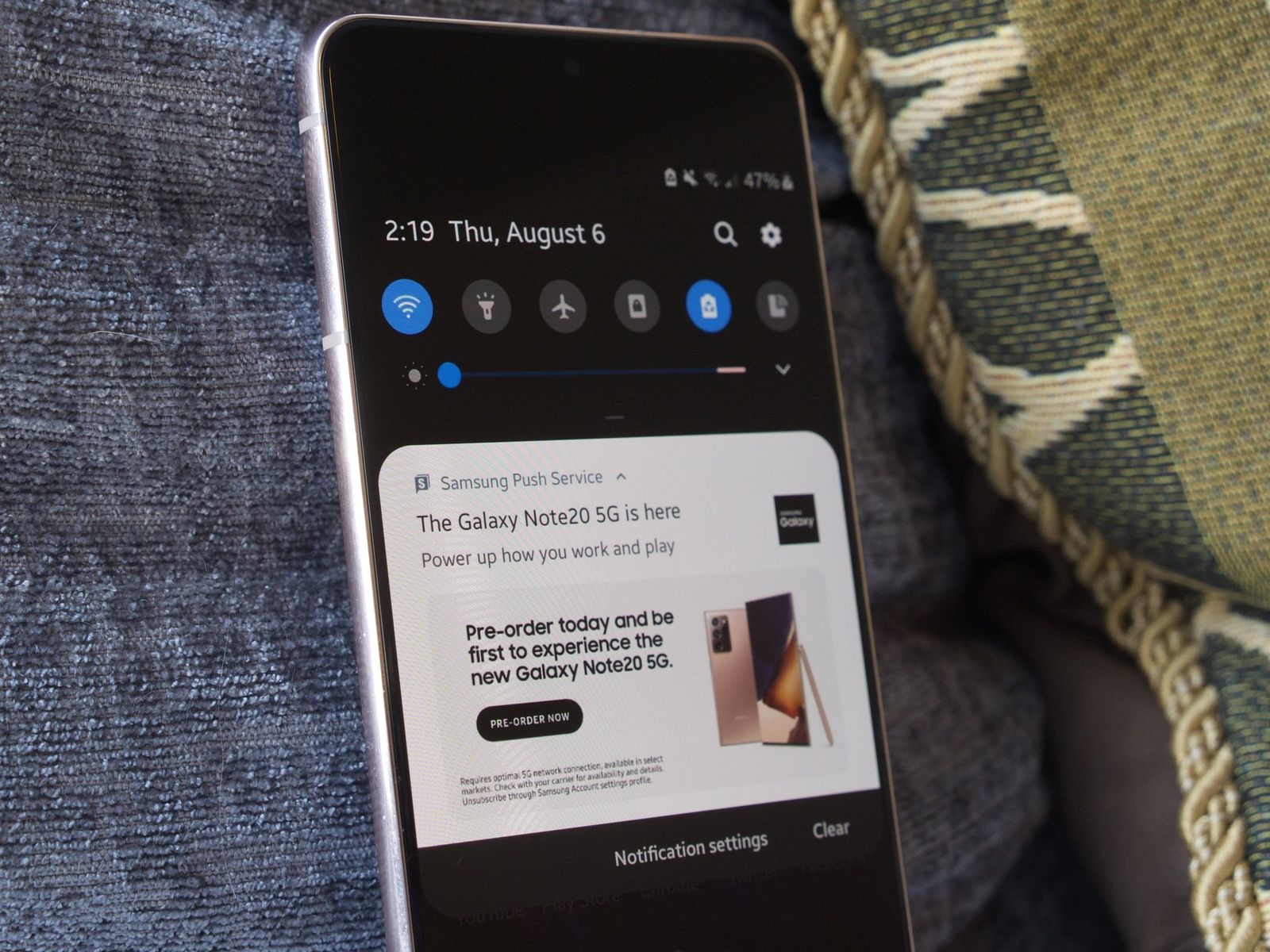
Understanding Pop-Up Ads
Pop-up ads can be incredibly frustrating, especially when they interrupt your browsing experience or appear unexpectedly on your home screen. These ads are often generated by adware, which can be installed on your Android device through various means, including downloading apps from untrusted sources or clicking on malicious links.
What Are Pop-Up Ads?
Pop-up ads are small windows that appear on your screen, usually containing advertisements or promotional content. They can be triggered by various factors, including visiting websites, opening apps, or even just having certain apps installed on your device.
General Methods to Stop Pop-Up Ads
Uninstall Suspicious Apps
One of the most straightforward ways to stop pop-up ads is to identify and uninstall any suspicious apps that might be causing them. Here’s how you can do it:
- Go to your device's Settings.
- Navigate to Apps & notifications.
- Look for any apps that you don’t recognize or haven’t installed yourself.
- Tap on the app and select Uninstall.
Update Your Operating System and Apps
Keeping your operating system and apps up-to-date can help fix bugs and security vulnerabilities that might be allowing pop-up ads.
- Go to Settings.
- Navigate to System or About phone.
- Check for any available updates.
- Install the updates.
Use an Antivirus App
Antivirus apps can help scan your device for malware and adware, which are common causes of pop-up ads.
- Download and install an antivirus app from the Google Play Store.
- Run a full scan of your device.
- Follow the app’s instructions to remove any detected malware or adware.
Disable Notifications
Some pop-up ads appear as notifications. Disabling these notifications can help reduce the number of ads you see.
- Go to Settings.
- Navigate to Apps & notifications.
- Tap on the app that is sending you notifications.
- Turn off the notifications for that app.
Clear Cache and Data
Clearing the cache and data of your browser can sometimes help remove stored data that might be causing pop-up ads.
- Open your browser (e.g., Google Chrome).
- Tap on the three dots in the top-right corner.
- Select Settings.
- Scroll down and tap on Privacy & security.
- Tap on Clear browsing data.
- Choose the types of data you want to clear (e.g., browsing history, cookies, site data).
- Tap on Clear data.
Specific Steps for Google Chrome
Google Chrome is one of the most popular browsers on Android, and it has built-in settings to manage pop-ups. Here’s how you can configure Chrome to block or allow pop-ups:
Allow Pop-Ups in Chrome
If you want to allow pop-ups in Chrome, follow these steps:
- Open the Google Chrome app.
- Tap on the three dots in the top-right corner.
- Select Settings.
- Scroll down and tap on Site settings.
- Tap on Pop-ups and redirects.
- Toggle the switch to the On position.
Block Pop-Ups in Chrome
If you want to block pop-ups in Chrome, follow these steps:
- Open the Google Chrome app.
- Tap on the three dots in the top-right corner.
- Select Settings.
- Scroll down and tap on Site settings.
- Tap on Pop-ups and redirects.
- Toggle the switch to the Off position.
Block Specific Websites
If you want to block pop-ups from specific websites, follow these steps:
- Open the Google Chrome app.
- Tap on the three dots in the top-right corner.
- Select Settings.
- Scroll down and tap on Site settings.
- Tap on Pop-ups and redirects.
- Find the website you want to block and tap on the three dots next to its name.
- Select Block from the dropdown menu.
Use a Pop-Up Blocker Extension
If you want more control over pop-ups, consider installing a Google Chrome pop-up blocker extension from the Chrome Web Store.
- Open the Chrome Web Store.
- Type “pop-up blocker” into the search bar and hit Enter.
- Click on the extension you want to use.
- Click the blue Add to Chrome button.
- Click Add extension when prompted by Chrome.
- Access and configure the pop-up blocker extension by clicking its icon next to your address bar.
Additional Tips
Use a Secure Browser
Using a secure browser like Avast Secure Browser can help block pop-ups and ads more effectively.
- Download and install Avast Secure Browser from the Google Play Store.
- Follow the in-app instructions to configure the browser’s security settings.
Disable Personalization
Disabling personalization settings in your Google account can reduce the number of targeted ads you see, including pop-ups.
- Go to your Google account settings.
- Navigate to Data & personalization.
- Toggle off the switch next to Personalization.
Clear Search History
Clearing your search history can sometimes help remove stored data that might be causing pop-up ads.
- Open your browser (e.g., Google Chrome).
- Tap on the three dots in the top-right corner.
- Select Settings.
- Scroll down and tap on Privacy & security.
- Tap on Clear browsing data.
- Choose the types of data you want to clear (e.g., browsing history, cookies, site data).
- Tap on Clear data.
Use a VPN
Using a VPN can help mask your IP address and reduce the number of targeted ads you see, including pop-ups.
- Download and install a VPN app from the Google Play Store.
- Follow the in-app instructions to configure the VPN settings.
Stopping pop-up ads on Android phones requires a combination of general methods and specific steps tailored to your device and browser. By uninstalling suspicious apps, updating your operating system and apps, using an antivirus app, disabling notifications, clearing cache and data, configuring Chrome settings, using a secure browser, disabling personalization, clearing search history, and using a VPN, you can significantly reduce the number of pop-up ads you see. Always be cautious when downloading apps and clicking on links to avoid installing malware or adware in the first place.
